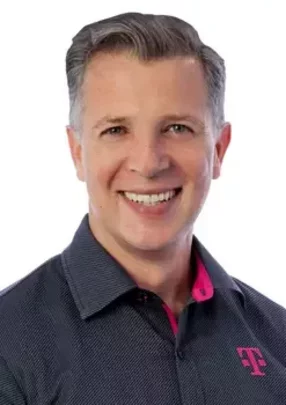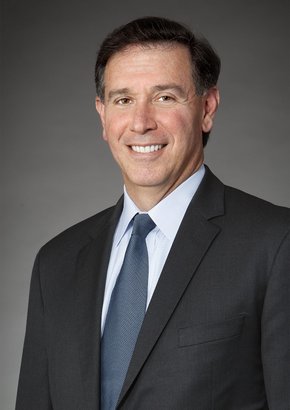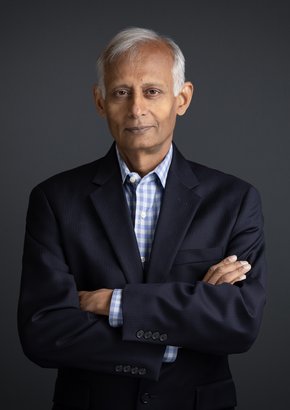
Erik LaValle
Digital Supply Chain Tech Leader
Responsible for overseeing an end-to-end portfolio across a US$13bn supply chain of 5,000 stores, Erik LaValle joined T-Mobile in early 2017. His team fields the technological requirements associated with T-Mobile procurement, both for external sales and internal consumption.
Highly experienced both academically and professionally in his field, LaValle spent the first 18 years of his career as an industry consultant, which he credits as being highly formative, “it's in my nature now to look for those big business challenges, to understand what the outcome is intended to be and then to find the technology needed to solve that problem.” Having spent his career primarily in the retail sector, LaValle admits he was initially unsure why T-Mobile (a telco) reached out to him. “It was then that I learned T-Mobile, in addition to being a telco, really operates as a retailer. So much of the customer experience and the brand promise comes from its supply chain, and I was very intrigued.”
Naturally curious and a problem solver, LaValle finds the behind-the-scenes complexities of supply chain to be fascinating. Stating that the importance of logistics to enabling T-Mobile’s high-quality customer experience really resonated with him, he adds that the company’s agile attitude has been key to weathering the substantial changes that supply chains have undergone in recent years. “As US businesses began to do more offshore sourcing and supply chains became longer, the need for facilitated communication and a shared understanding of the intended outcomes was very important. As that shift began to happen, then came the emphasis on product development, which, with the proliferation of the internet, placed the emphasis on product development and the creative process.”
Reflecting on the best way for culture and leadership to achieve optimal outcomes, LaValle is in favor of collaboration infused with a profound understanding of values and the route towards attaining them. “Every company has a unique culture. The role of leadership is to understand what that culture is and then to leverage it by steering resources in the direction of the desired outcome. It also requires great understanding, flexibility and receptiveness to change on the part of leadership.” Therefore, he champions establishing a clear vision, taking an empathetic approach, and maintaining a strong collaborative ethic with employees.
Read the full story HERE

Featured Interviews
“It's very different recruiting people for something you're building from scratch, compared to recruiting for something that is already running.”





